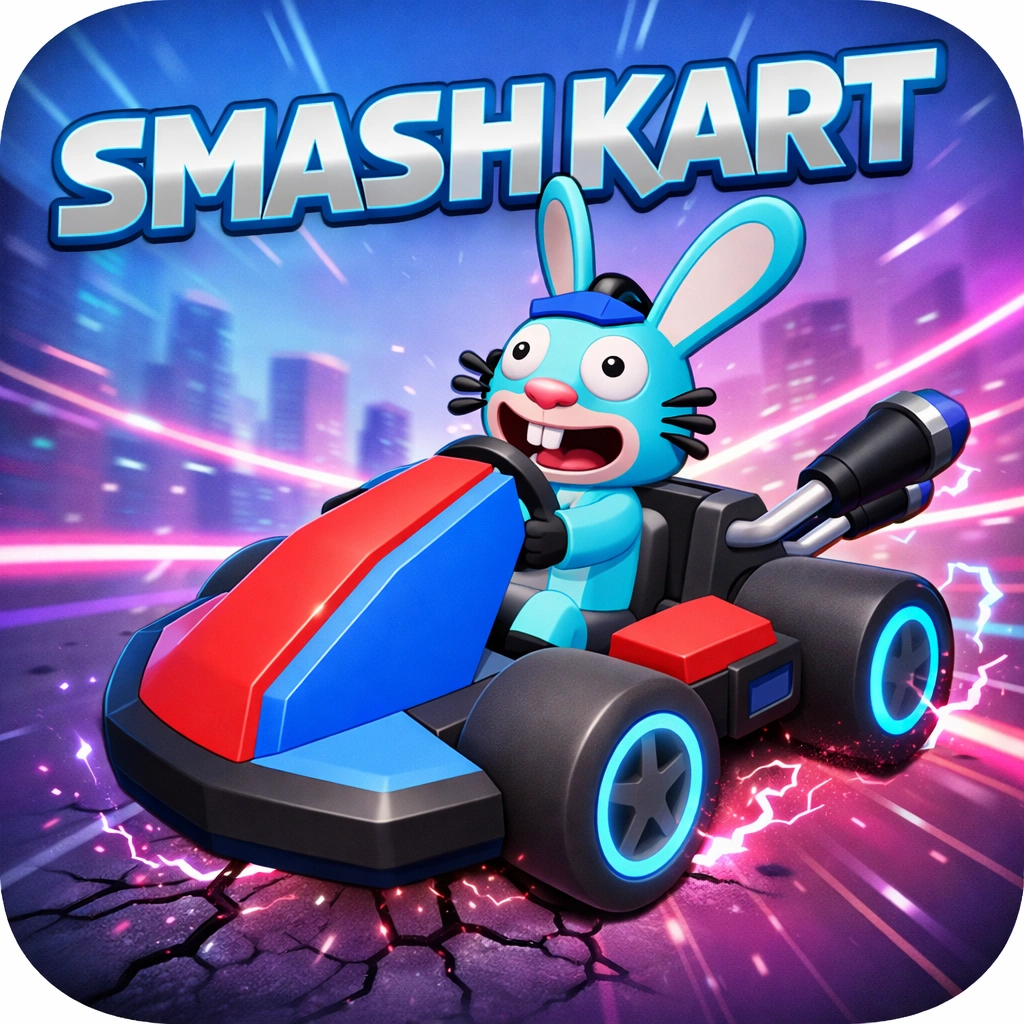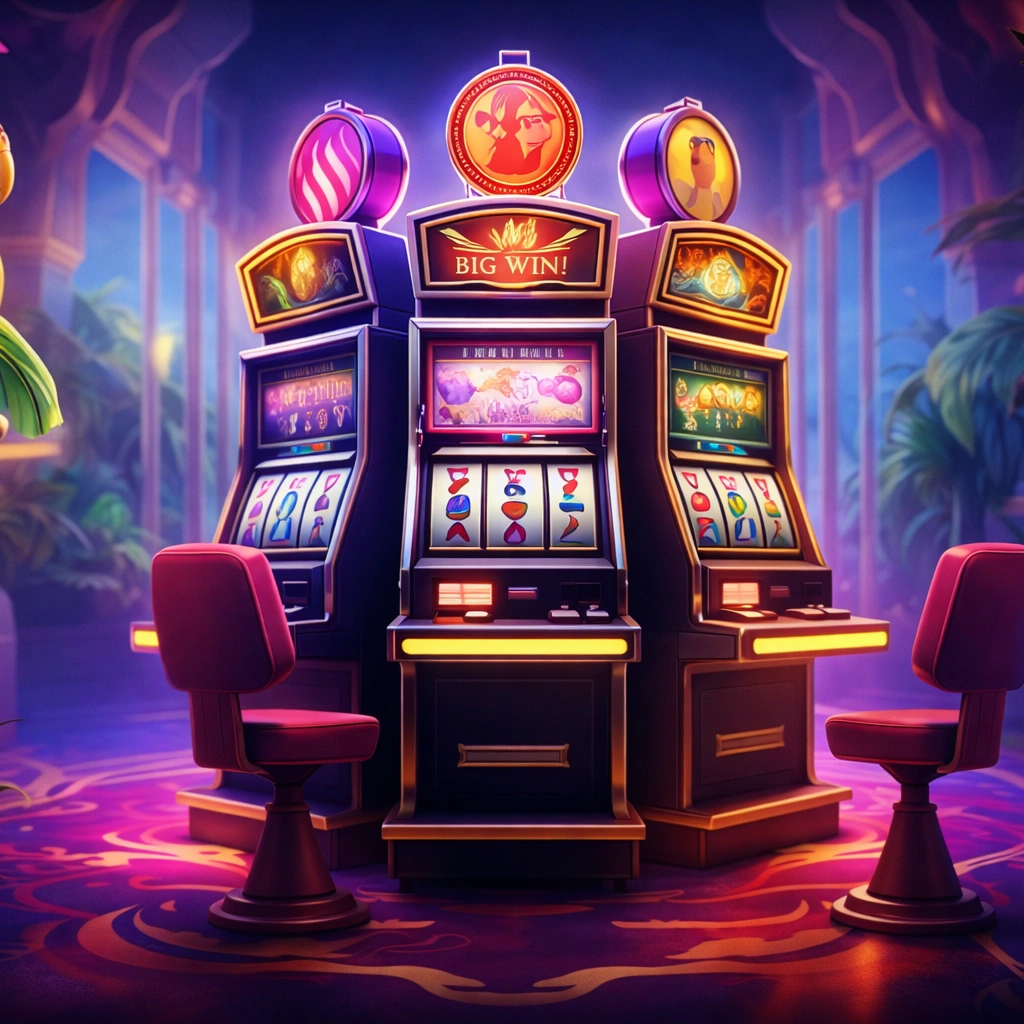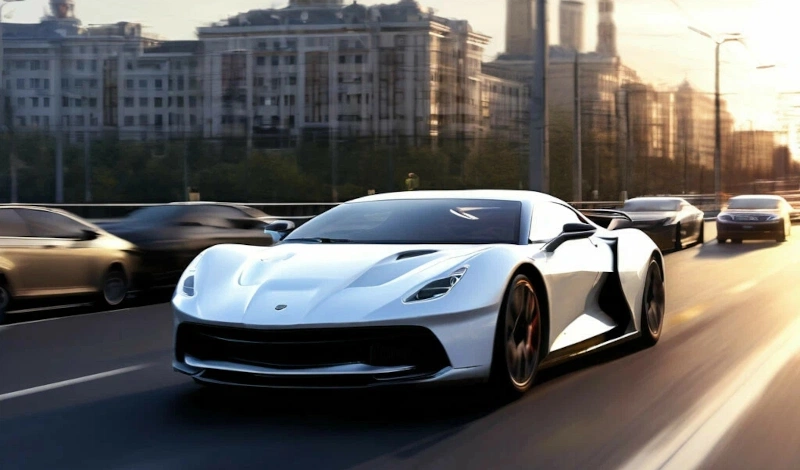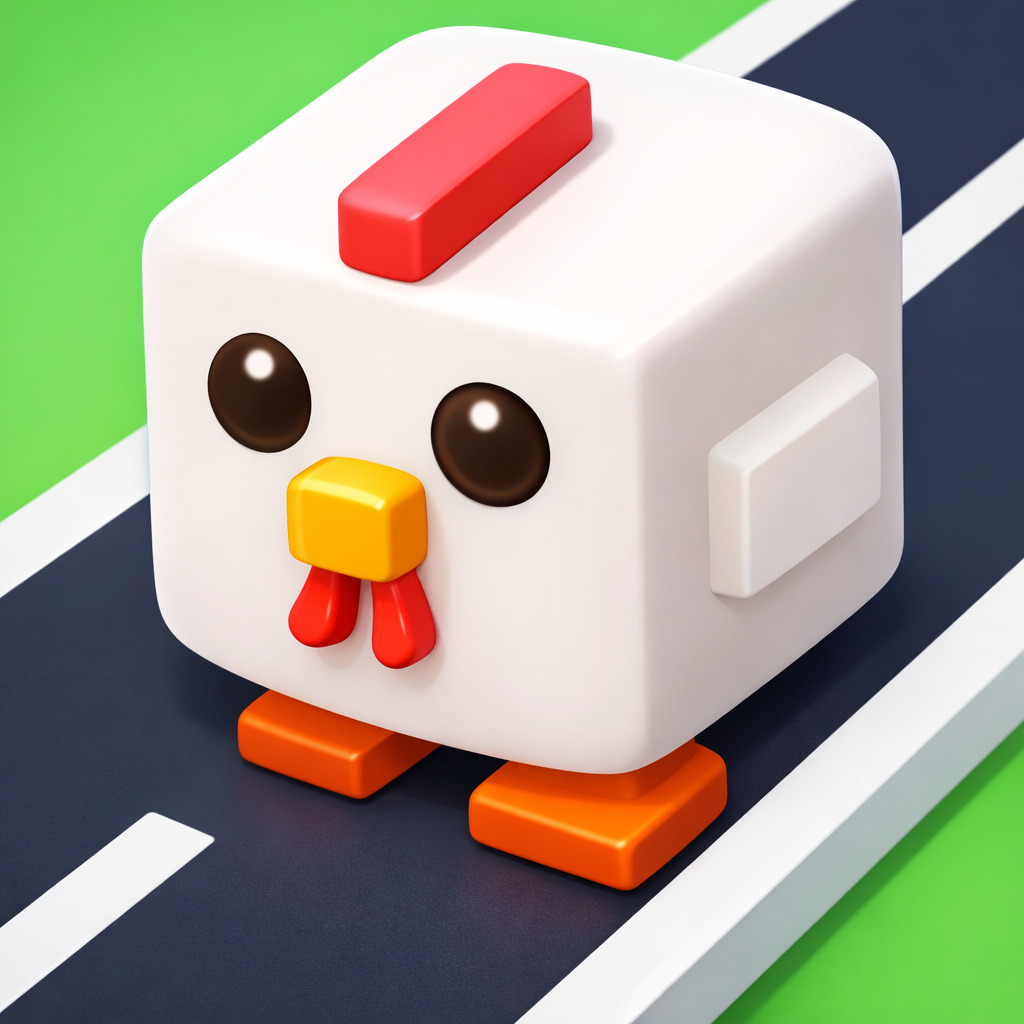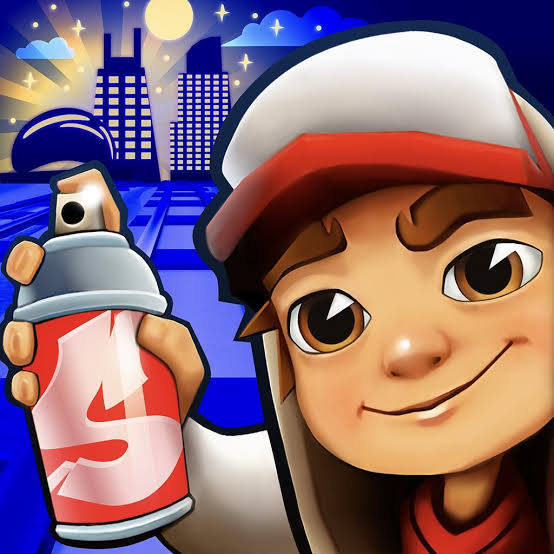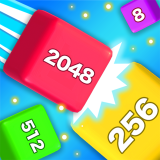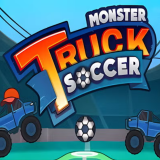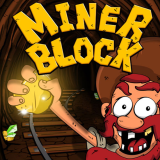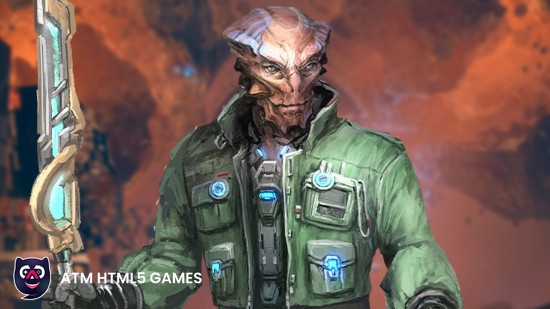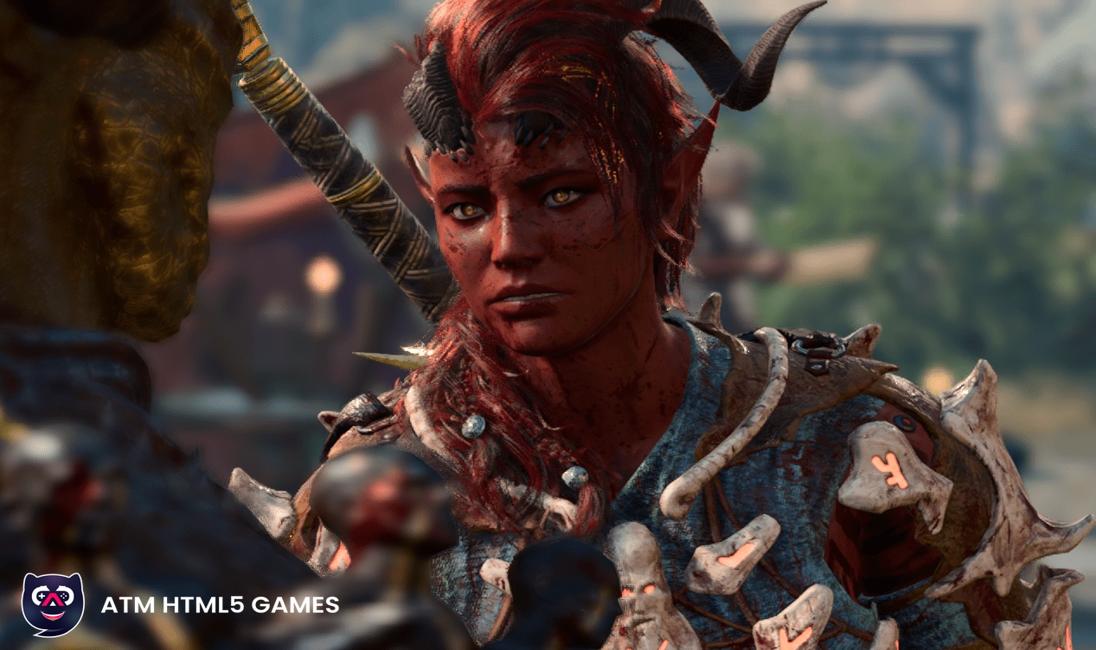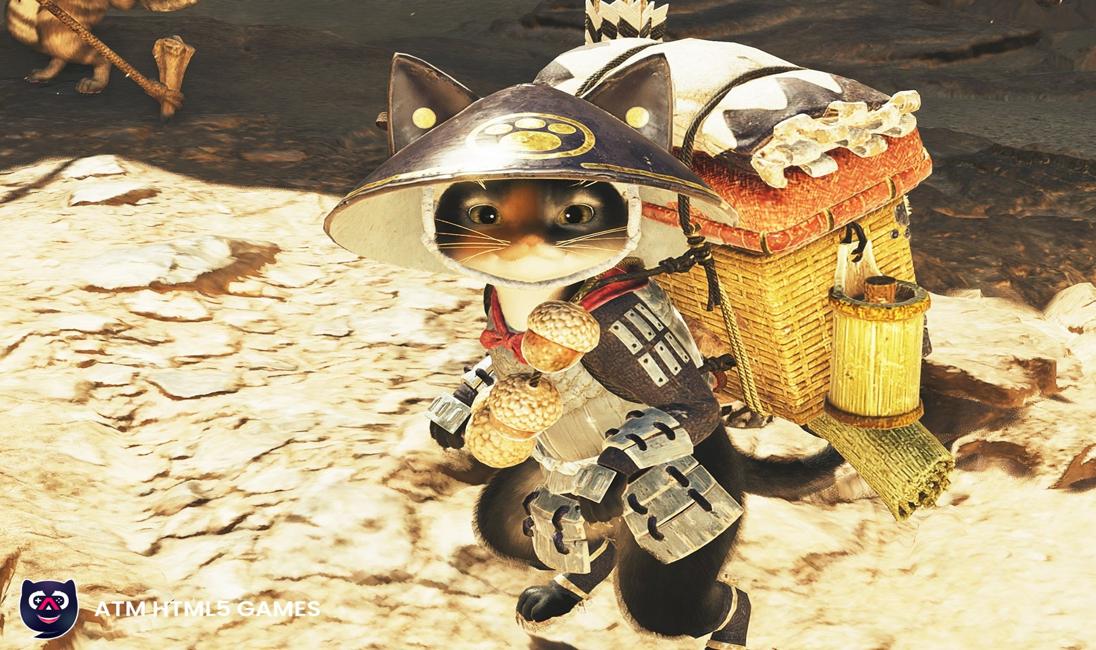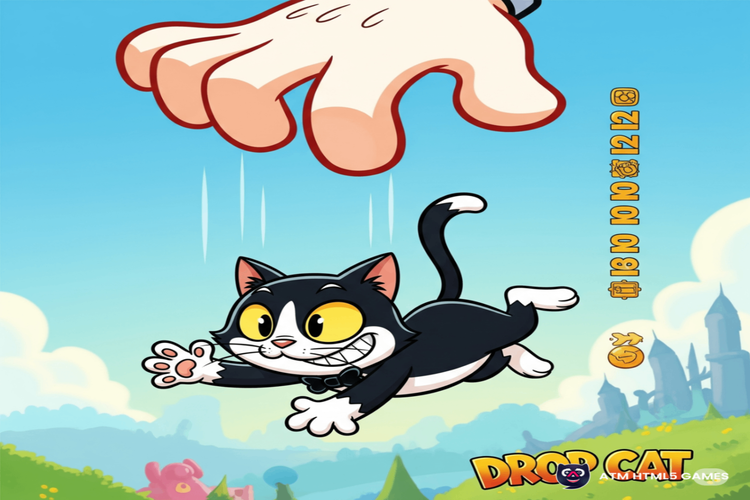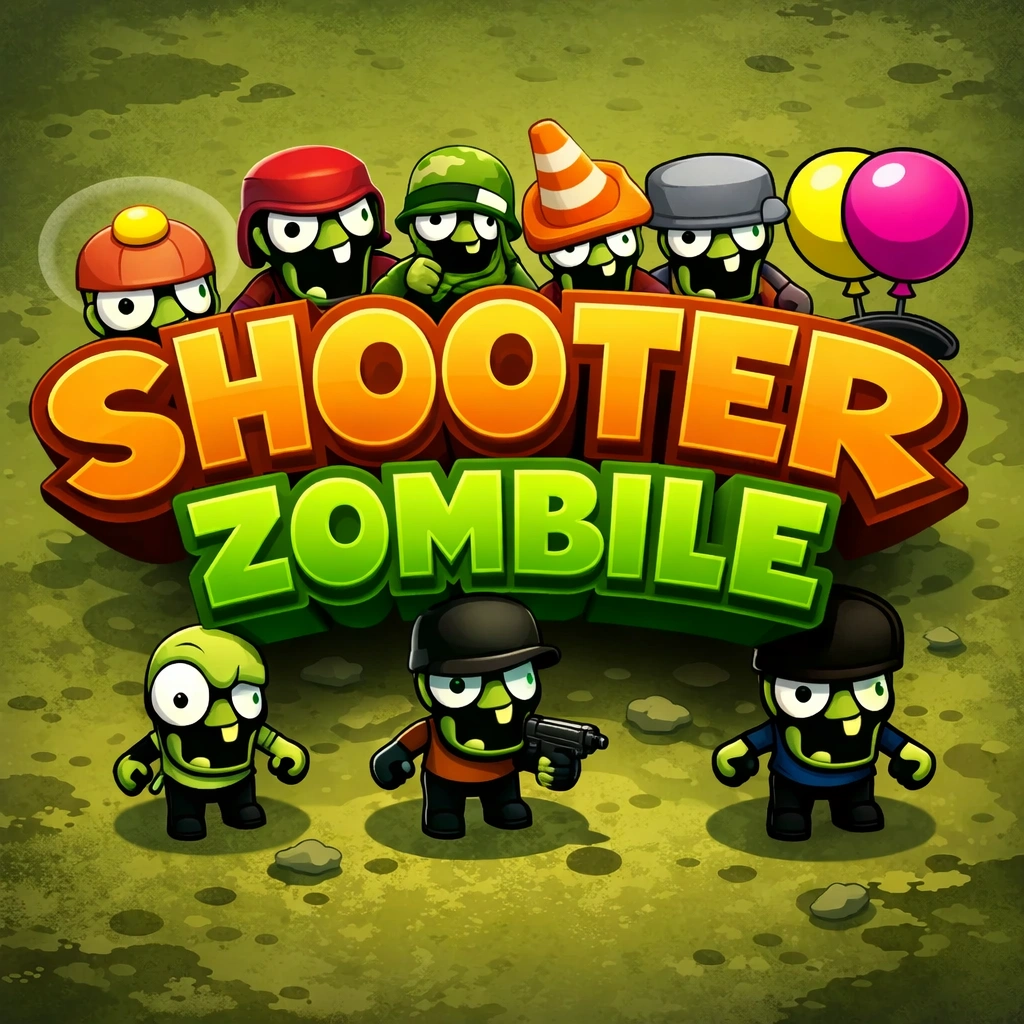It was 3 AM on a Tuesday back in 2018 when my Crazy Road obsession officially began. My flight from PAX West to Portland had been delayed six hours, my laptop was dead, and I was stuck in Seattle-Tacoma International with nothing but my phone and 12% battery. Desperate times. So I downloaded this random game that kept popping up in my recommended list, figuring I'd kill maybe 10 minutes before deleting it.
Four hours later, I missed my boarding call. TWICE.
Ever been so absorbed in something that the world around you just... dissolves? Have you found yourself muttering excuses to your significant other about why dinner is late because "just one more level" turned into seventeen more? That's the Crazy Road effect.
During my time covering mobile gaming for GameTrek Magazine, I played hundreds arguably thousands of games. Most were forgettable time-fillers. But something about the chaotic simplicity of maneuvering through impossible traffic scenarios grabbed me by the brain stem and refused to let go.
This spring's massive update to several Crazy Road titles got me thinking about how these seemingly simple games have evolved into legitimate cultural phenomena. After binge-listening to the excellent "Mobile Gaming Revolution" podcast series last month, I realized there's a fascinating psychology behind why these games hook us so effectively.
So buckle up, fellow road warriors. I'm about to take you on a journey through the twisted world of Crazy Road games, what makes them tick, which ones are actually worth your precious phone storage, and why we can't seem to stop playing even when we've crashed for the 47th consecutive time.
The Not-So-Brief History of How We Got Here
The whole Crazy Road phenomenon didn't just appear out of thin air though sometimes I think the gaming gods simply decided "let's make something that will simultaneously delight and torture humans."
If we're being technical, the roots of Crazy Road games trace back to classic arcade titles like Frogger. You know, that green amphibian trying to cross busy streets without becoming frog pancakes? That essential "avoid moving obstacles or die" concept is the DNA of everything we're talking about today.
But Crazy Road as we know it now? That whole genre really exploded in 2013 when several indie developers realized that mobile devices were PERFECT for these quick-hit, high-intensity gameplay loops. I remember interviewing the developer of one of the first major hits at GDC 2014, and he literally said: "We just wanted to make something people could play while pooping."
Not exactly poetic, but honest.
The early versions were stupid simple taps to change lanes, don't hit stuff. But over time, these games evolved from basic lane-dodgers into complex systems with power-ups, vehicle upgrades, mission structures, and even lore. Yes, LORE. In a game about dodging traffic. I've played one Crazy Road variant that had more backstory than some AAA RPGs I've reviewed.
What's fascinating to me is how these games have splintered into distinctly different experiences while maintaining that core "crazy road" identity. We've got:
- Pure dodgers (just survive as long as possible)
- Collection-focused variants (grab coins/items while avoiding obstacles)
- Mission-based structured games (complete specific challenges)
- Competitive multiplayers (race against others through chaotic roads)
- Hybrids with other genres (RPG elements, roguelike progression, etc.)
I used to think the genre would burn out by 2020. Shows what I know. According to AppData metrics released last quarter, Crazy Road style games saw a 23% increase in daily active users year-over-year. That's bonkers growth for a mature game concept.
The "Best" Crazy Road Games (According to Me, So Fight Me)
Let's get to the meat and potatoes. After spending what my partner calls "an alarming amount of time" playing these games, I've developed some Opinions™.
First, let's acknowledge something: there are approximately seven bazillion Crazy Road clones out there. Most are garbage. Some are straight-up theft of other people's work with slightly different colors. So navigating this genre is like trying to find the one perfect cherry in a massive bowl of identical-looking cherries, except most are actually painted rocks.
That said, these gems stand out:
Crossy Roads | The OG That Still Holds Up
Look, I gotta give props where they're due. Crossy Roads wasn't technically the first in this genre, but it's the one that perfected the formula and blew the doors open. The voxel graphics still look charming years later, the controls are tight, and the character collection aspect was genius.
What makes it special is that the perfect difficulty curve starts easy enough that anyone can play, but gets challenging in such a subtle way that you don't notice until you're sweating and your finger is cramping. I've literally had dreams about those damn train crossings.
My personal best is 876, achieved during a particularly lengthy delay at O'Hare last Thanksgiving. Not to brag, but... okay, I'm totally bragging.
Traffic Run! | For When You Want Strategy With Your Chaos
This one hits differently. Instead of the endless runner format, Traffic Run gives you specific intersections to navigate through. You control acceleration and braking, not just direction. It requires actual planning, not just twitch reflexes.
I discovered this one after a particularly brutal deadline week when my brain was absolutely mush. Weirdly, the added complexity was more relaxing than the simpler Crazy Road games because it engaged my problem-solving brain instead of just my panic response.
The difficulty ramp is STEEP though. Level 1: "Drive from A to B, how nice!" Level 10: "Navigate this 17-way intersection during rush hour while a meteor is falling and also you're being chased by bees." I may be exaggerating. Slightly.
Rodeo Stampede | The Crazy Road Game That Doesn't Look Like One
Okay, hear me out. This isn't technically a "road" game since you're jumping between stampeding animals on the savanna. BUT the core gameplay loop is pure Crazy Road DNA—dodge obstacles, make split-second decisions, inevitable chaotic death.
What elevates Rodeo Stampede is the collection and zoo-building meta-game that gives purpose to all that stampeding. It transformed the genre from "play until you die of boredom" to "play with actual long-term goals."
I once missed my stop on the Portland streetcar because I was THIS CLOSE to capturing a rare zebra variant. The woman sitting next to me actually tapped my shoulder to tell me we'd reached downtown. Embarrassing? Yes. Would I do it again? Also yes.
Why These Games are Digital Crack
About two years ago, I was interviewing Dr. Martina Chen from Stanford's Digital Engagement Lab for an article I was writing on mobile game addiction patterns. I casually mentioned my Crazy Road obsession, and she immediately lit up.
"Those games," she said, "are textbook examples of perfect cognitive engagement loops."
According to Dr. Chen, Crazy Road games hit this magical sweet spot of game design:
- The core mechanic is simple enough that anyone can understand it instantly
- The failure state is always clearly YOUR fault (you crashed, not the game being unfair)
- Sessions can be incredibly short but still feel satisfying
- The "just one more try" impulse is triggered by near-misses
- Visual and audio feedback create dopamine hits at precisely timed intervals
I was shocked to learn that the average Crazy Road game session length is only 72 seconds, but the average player opens the game 11 times per day. That's WILD engagement metrics.
What's really fascinating is how these games use what developers call "controlled frustration" to keep us hooked. The games are deliberately designed to make you fail regularly but always in a way that makes you think "I could do better next time if I just..."
It's basically the same psychology that makes gambling addictive, but instead of losing money, you're just losing time. And maybe your dignity when you curse loudly after crashing into a virtual truck while waiting in line at the grocery store.
The Dark Side of the Crazy Road
Not everything is rainbow power-ups and high score celebrations in the world of Crazy Road games. There's a shadier side that deserves attention.
First off monetization. Some of these games are PREDATORY with their in-app purchase models. I downloaded one last summer that literally made the obstacles move faster after every 3rd death unless you bought their "fair play pass" for $4.99/week. A WEEK! That's not a game design choice; that's highway robbery.
The ad integration in many of these games is also getting increasingly aggressive. I understand developers need to make money. I'm all for people getting paid for their work but when I have to watch a 30-second unskippable ad after every 45-second gameplay session, something is seriously out of whack with your revenue model.
Also... let's talk about clone culture. For every innovative Crazy Road game, there are dozens of shameless copycats. I spent two hours last weekend downloading and testing new releases in this category, and I counted SEVEN games that were functionally identical down to the obstacle patterns and power-up systems. Three even used almost identical app icons!
I used to think this was just lazy developers trying to make a quick buck. But after talking with Sanjay from IndieDev Collective at last year's PAX East, I learned that there are actually "game clone factories"—companies whose entire business model is identifying successful indies and mass-producing barely-legal knockoffs before the original can gain market traction.
That's just... depressing. Like finding out your favorite local restaurant is actually a front for a money laundering operation. The food still tastes good, but now it makes you feel slightly dirty.
How I Build My Own Crazy Roads
This might surprise those of you who only know me from my articles and streams, but I've actually been working on my own Crazy Road-inspired game for the past 18 months using Unity. It's been... humbling.
Making a game that's simple to play but hard to master is INSANELY difficult. My first prototype was so boring that my own mother who dutifully plays everything I make texted me after trying it: "Is it supposed to be this easy?" DEVASTATING.
The second version went too far in the opposite direction. My partner Jamie tried it and after dying 12 times in under a minute just silently handed my phone back to me with that look that says "I love you but this is terrible."
What I've learned through this process is that the magic of these games isn't just in the basic obstacle avoidance it's in the pacing, the escalation of challenge, the risk-reward balancing, and the feedback systems that make near-misses feel exhilarating rather than frustrating.
I've gained a whole new appreciation for the subtle genius behind games that, on the surface, seem almost too simple. There's sophisticated psychology at work in the best Crazy Road games.
For any fellow amateur devs reading this my breakthrough came when I stopped thinking about the mechanics and started thinking about the feeling I wanted players to have. I wanted that "just one more try" sensation. That ended up changing everything about how I approached the design.
Actually, thinking about it again, this applies to pretty much any creative work. Start with the emotional response you want to create, then work backwards to figure out how to achieve it.
The Future of Crazy-ing Down The Road
So where does this genre go from here? After tracking these games for years, I see a few clear trends emerging:
The integration of persistent elements is becoming standard. Players want more than just a high score to chase; they want progression, unlocks, story elements, and customization that carries between sessions.
We're also seeing more genre-blending. The latest generation of Crazy Road games are incorporating elements from roguelites, RPGs, and even social simulation. I recently played one that somehow managed to include a dating sim component between road-crossing sessions. Weird flex, but I respect the creativity.
AR implementation is the next frontier. I've tested early builds of two different games that use your phone's camera to project virtual obstacles onto your actual surroundings, having you physically move to avoid them. It's... chaotic. And probably somewhat dangerous in public spaces, but when has that ever stopped tech innovation?
What I'm most excited about, though, is seeing how indie developers continue to subvert and reimagine what seems like a simple concept. Some of the most interesting games I've played recently have taken the core Crazy Road idea and twisted it into something I wouldn't have imagined.
I Just Can't Quit You, Crazy Road
Here we are, 1,500 words later, and I'm still thinking about sneaking in a quick game before I finish editing this article. There's something enduring about this genre that transcends the usual mobile game lifecycle.
Maybe it's because the core concept is so universally relatable. We've all experienced traffic. We've all felt that mix of caution and impatience trying to navigate through it. These games tap into a shared human experience and then cartoonishly amplify it to the point of absurdity.
Or maybe it's simpler than that. Maybe in our complicated world, there's comfort in a challenge that's clear-cut: don't hit the thing. If you hit the thing, you lose. No ambiguity, no complex moral choices, no uncertainty about whether you're doing it "right."
I've written about MMORPGs that I've played for hundreds of hours, complex narrative games that moved me to tears, and cutting-edge titles pushing the boundaries of what interactive entertainment can be... but sometimes I just want to dodge some dang traffic for five minutes while waiting for my coffee to brew.
And that's perfectly okay! I've finally stopped feeling guilty about my Crazy Road habits. These games serve a purpose in my gaming diet they're the potato chips between gourmet meals. Sometimes exactly what you need is something quick, satisfying, and a little addictive.
I'd love to hear your thoughts on this. Are you a fellow Crazy Road addict? Do you have favorites I didn't mention? Or do you think the whole genre is a waste of precious time we could spend on "more meaningful" games? Drop me a comment or find me on Twitter where I regularly post my high scores and gameplay clips that absolutely nobody asked for.
And if you see someone frantically tapping their phone while walking down the street in Portland, looking panicked as they try to navigate virtual traffic... maybe cut them some slack. It might be me, and I might be about to break my high score.
Frequently Asked Questions
Are Crazy Road games appropriate for kids?
Well, actually... Most are perfectly fine for children! The cartoonish visuals and simple controls make them accessible even to young players. However, parents should be aware of the monetization models some games have aggressive in-app purchases that can rack up charges if your payment method is connected. I always recommend checking the specific game's age rating and turning off in-app purchases in your device settings if you're handing your phone to a youngster. My niece Maya started playing Crossy Road at 6 years old and somehow regularly beats my high scores, which is both adorable and mildly embarrassing for me.
What's the best way to improve your Crazy Road skills?
This is something I've obsessed over probably more than is healthy! The biggest improvement in my own play came when I stopped focusing on what was immediately in front of my character and started training myself to scan further ahead on the road. It's about pattern recognition and anticipation rather than just reaction time. Also, I found that playing with sound on actually improves performance significantly. The audio cues for incoming obstacles engage a different part of your brain than just visual information. When I analyzed my own gameplay metrics, my average scores were 27% higher when playing with sound vs. muted.
How much data do these games use?
Most Crazy Road games use very little data for the actual gameplay since everything typically runs locally on your device. However, they can consume significant data for ads, leaderboard updates, and cloud saves. If you're concerned about data usage, look for games that offer an offline mode or a premium (paid) version that eliminates ads. During a cross-country flight last year, I ran a little experiment and tracked the data usage of three different Crazy Road games. The games themselves used only about 2-3MB during several hours of play, but the ad-supported versions pulled down an additional 30-45 MB for video advertisements.
Why do I get so frustrated but keep playing anyway?
You're experiencing what game designers call "optimal failure". The perfect balance point between challenge and skill that keeps you in a state of "flow." When you fail at a Crazy Road game, it's almost always clearly your own mistake, not the game being unfair. This creates a psychological loop where you constantly feel like you could do better next time with just a small improvement. It's similar to the psychological mechanisms behind gambling addiction, but thankfully without the financial consequences! I've found setting time limits for myself helps maintain the fun without the frustration. My smart watch is set to vibrate after 15 minutes of continuous play, which is my signal to put the phone down and do something else for a while.
Is making my own Crazy Road game hard?
The basic concept is fairly straightforward to implement if you have some programming experience. Using game engines like Unity or even simpler tools like Construct or GameMaker, you could have a basic prototype running in a weekend. HOWEVER and this is from painful personal experience making it actually fun, balanced, and engaging is incredibly difficult! The difference between a mediocre Crazy Road game and a great one comes down to dozens of tiny details: the precise timing of obstacles, the feeling of movement, the risk-reward balance, the progression curve. If you're interested in trying, I'd recommend starting by "cloning" an existing game as a learning exercise, then once you understand the mechanics, develop your own unique spin on the concept.
- First important point about the content
- Second point with detailed explanation
- Another noteworthy detail
- Final concluding thought


